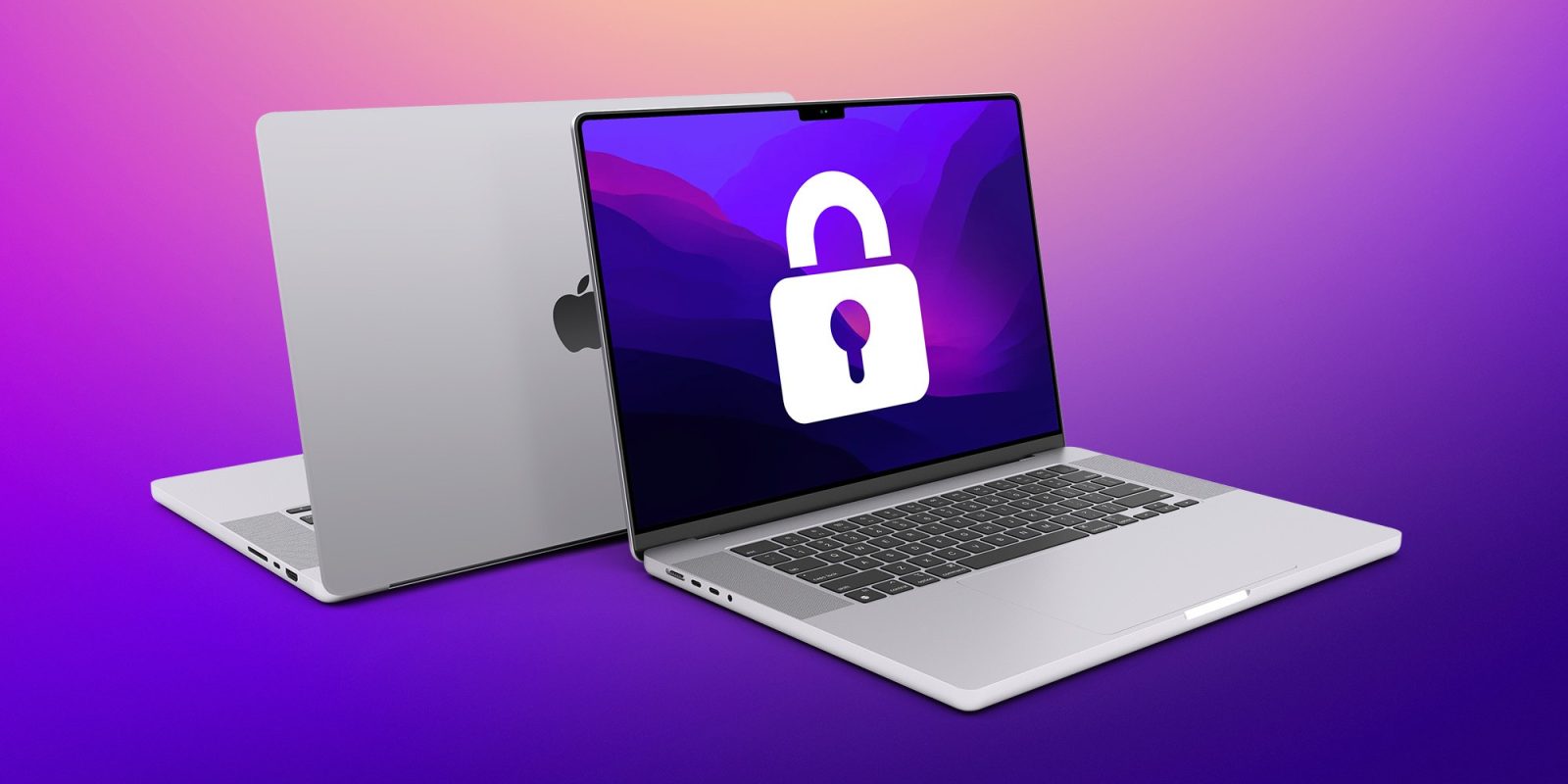
Shortly after the release of macOS Big Sur in 2020, Apple experienced widespread server outages. The outage affected macOS installations, iMessage, Apple Pay, and most importantly, the authentication service. This meant that users experienced significant issues opening apps, exposing a flaw in how Apple handles app authentication on the Mac.
background
In some contexts, your Mac performs certain checks whenever you launch an app. One of these checks is to verify that the app is not malware, and another is to ensure that the developer certificate associated with the app is still valid. These checks are intended to keep users safe, and are commonly referred to as app authentication.
Normally, if you use your Mac offline, the scans just fail and your app starts working normally. However, when this server outage occurred, macOS was still trying to scan the servers instead of just failing. This caused the apps to stop working. painful The amount of time required to launch.
Changes promised by Apple
Following this incident, Apple announced changes to address these issues, including an option that would allow users to opt out of online authentication checks entirely. The changes were supposed to roll out starting in 2021.
Apple initially announced these improvements due to concerns about whether the company was using the authentication process to collect data about the apps people were using. The company has reassured that this is not the case, and highlighted some of the changes it was planning to make in a support document:
To further protect privacy, we have stopped logging IP addresses associated with Developer ID certificate checks, and will ensure that any IP addresses collected are removed from the logs.
Additionally, over the next year we will be making several changes to our security checks:
- New cryptographic protocol to verify Developer ID certificate revocation
- Strong protection against server failure
- New preference for users to opt out of this security protection.
Possibility of removing the feature
Fortunately, Apple has implemented some of the changes it promised, such as stopping the collection of IP addresses. It also created a new encrypted protocol for verifying Developer ID certificates.
However, there is no news yet on when they will release the option to completely opt out of online authentication checks. Furthermore, all References In the support document for the feature, it was completely removed sometime last year.
Developer Jeff Johnson also Recently highlighted This situation is on his blog.
Apple appears to have scrapped its plans to allow users to launch apps without any form of online security check before opening them, which is a bit of a shame if true. While this is rare, it’s strange that apps take much longer to launch due to server downtime.
9to5Mac Opinion
Allowing users to opt out of authentication checks would undoubtedly be a huge victory for privacy, and would pose a challenge. a novel Your Mac isn’t really your computer.
Apple has likely made other major changes to macOS to ensure that the outage doesn’t prevent apps from running properly in the future. Regardless, it would still be greatly appreciated if the promised unauthentication option finally comes out. Apple needs to clarify its plan here.
Image source: Polar Hacker
FTC: We use affiliate links to earn automatic income. more.

“Freelance web ninja. Wannabe communicator. Amateur tv aficionado. Twitter practitioner. Extreme music evangelist. Internet fanatic.”
